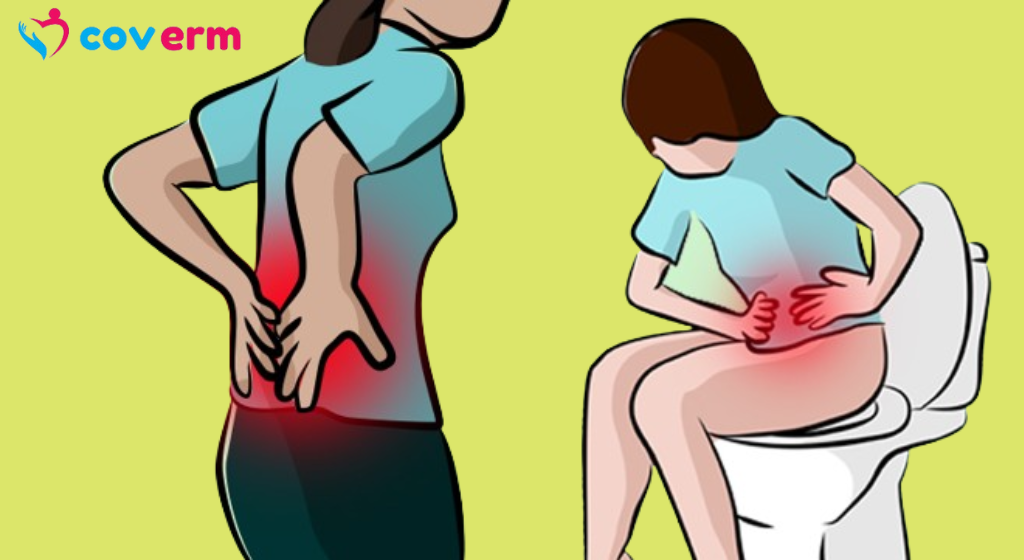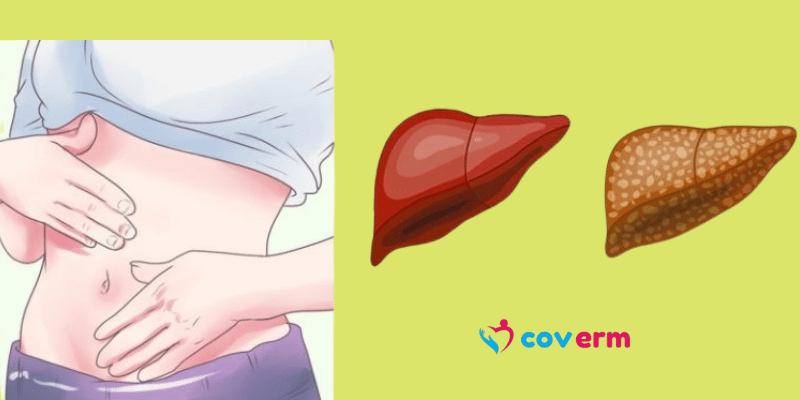Unusual signs of colon cancer that women often ignore
Colon cancer ranks as the third leading cause of cancer-related deaths in both women and men, underscoring the critical importance of early detection, timely intervention and treatment. However, diagnosing colon cancer in women is challenging because its symptoms are similar to those of various other conditions, including abdominal pain, changes in bowel movements, weight loss, and general weakness.
Distinguishing the symptoms of colon cancer from those associated with the menstrual cycle is essential for obtaining timely medical care. Many women may initially overlook the symptoms of colon cancer, thinking that they are symptoms of discomfort during menstruation such as abdominal bloating and discomfort. However, the main differentiating factor lies in the source of the bleeding: menstrual bleeding occurs vaginally, while bleeding caused by colon problems presents as anal bleeding.
Women should seek medical evaluation immediately if they experience prolonged PMS-like symptoms or similar manifestations. Understanding the differences between colon cancer symptoms and those of other conditions helps in timely diagnosis and intervention.
What are the symptoms of colon cancer in women?
The initial symptoms of colon cancer may be subtle or absent, and appear gradually as follows:
Changes in bowel movements, including diarrhea or constipation.
The presence of bright or dark red blood in the stool, or the presence of mucus secretions.
Constant fatigue and lethargy.
Changes in stool size, often becoming narrower than usual.
Persistent bloating of the colon, accompanied by abdominal cramps or gas.
Unexplained weight loss.
Vomiting.
Risk factors for colon cancer in women
There are several factors that increase a woman’s susceptibility to developing colon cancer, which necessitates vigilance regarding early recognition of symptoms. These risk factors include:
Age over 50 years, as the probability of developing colon cancer increases with age.
History of benign tumors or prior diagnosis of cancer.
Family history of colon cancer.
Sedentary lifestyle, obesity, or smoking.
Having Lynch syndrome, which is a genetic predisposition to some types of cancer.
Previous exposure to radiation therapy targeting the abdomen and pelvis area.
Awareness of these risk factors enables women to prioritize monitoring for early colon cancer symptoms and seek timely medical evaluation when necessary.



